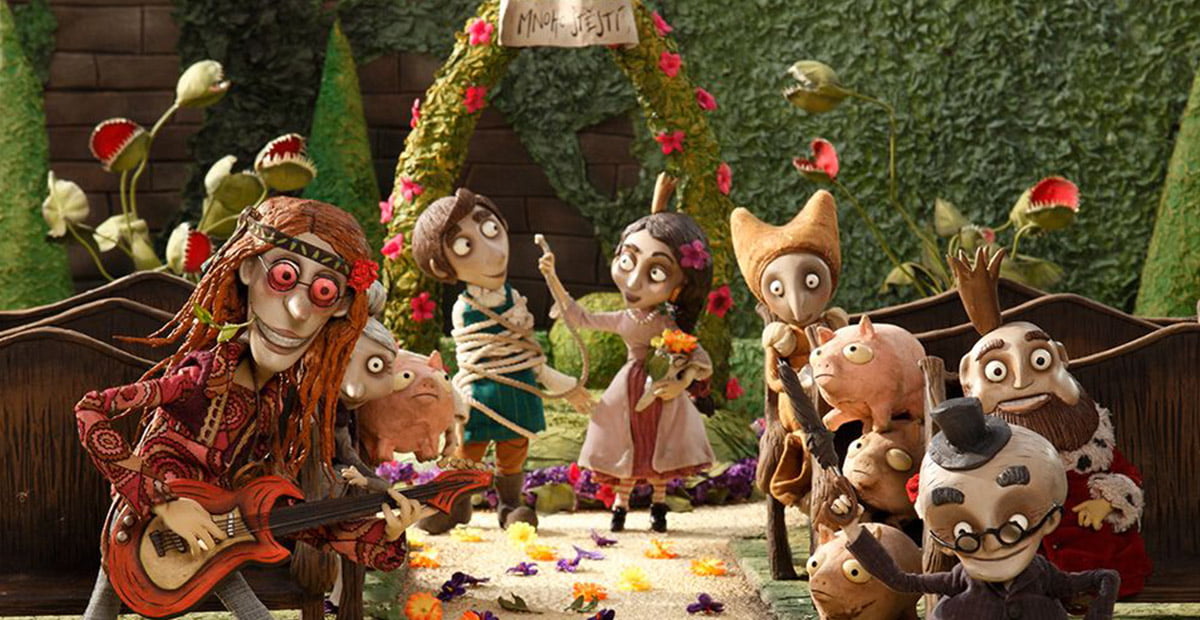
Fairytales are a significant part of culture which has been attracting attention of various fields of knowledge. Through their variety, diversity and colourfulness you can observe diversity and colourfulness of the world whereas their specifities and pecularities show distinction and specific nature of particular countries, peoples and cultures.
This course first seeks to introduce the area of European fairytales as a genre within its broader historical, geographical, and cultural context, in relation to other European folk genres as myth or legends, with a closer focus on Czech fairytales and their specifics.
The main goal of the course is to show fairytales as symbolic narratives bringing a lot of information about the world around us as well as about ourselves. There are various theories searching for the disguised symbolical meanings of European fairytales and the significance which they contain and refer to. While folklorists have been trying to organize and classify fairytales, psychologists, literary critics and other scholars have been trying to interpret them: to find out which messages, recomendations or other information they bring – about society, its rules, customs or beliefs but also about human wishes, desires or visions.
The course will describe and survey the changes in the approach to European fairytales within the development of scholarship about them. It presents sociohistorical, psychological or anthropological interpretations, as well as biologically based and gender or feminist methods of their interpretation.It touches upon the topics like ethical or moral principles in fairytales, gender and social roles, or historical and political influences to fairytale adaptation.
- Učitel: Lukáš Palán
- Učitel: Ivana Petrželová
- Učitel: Barbara Storchová